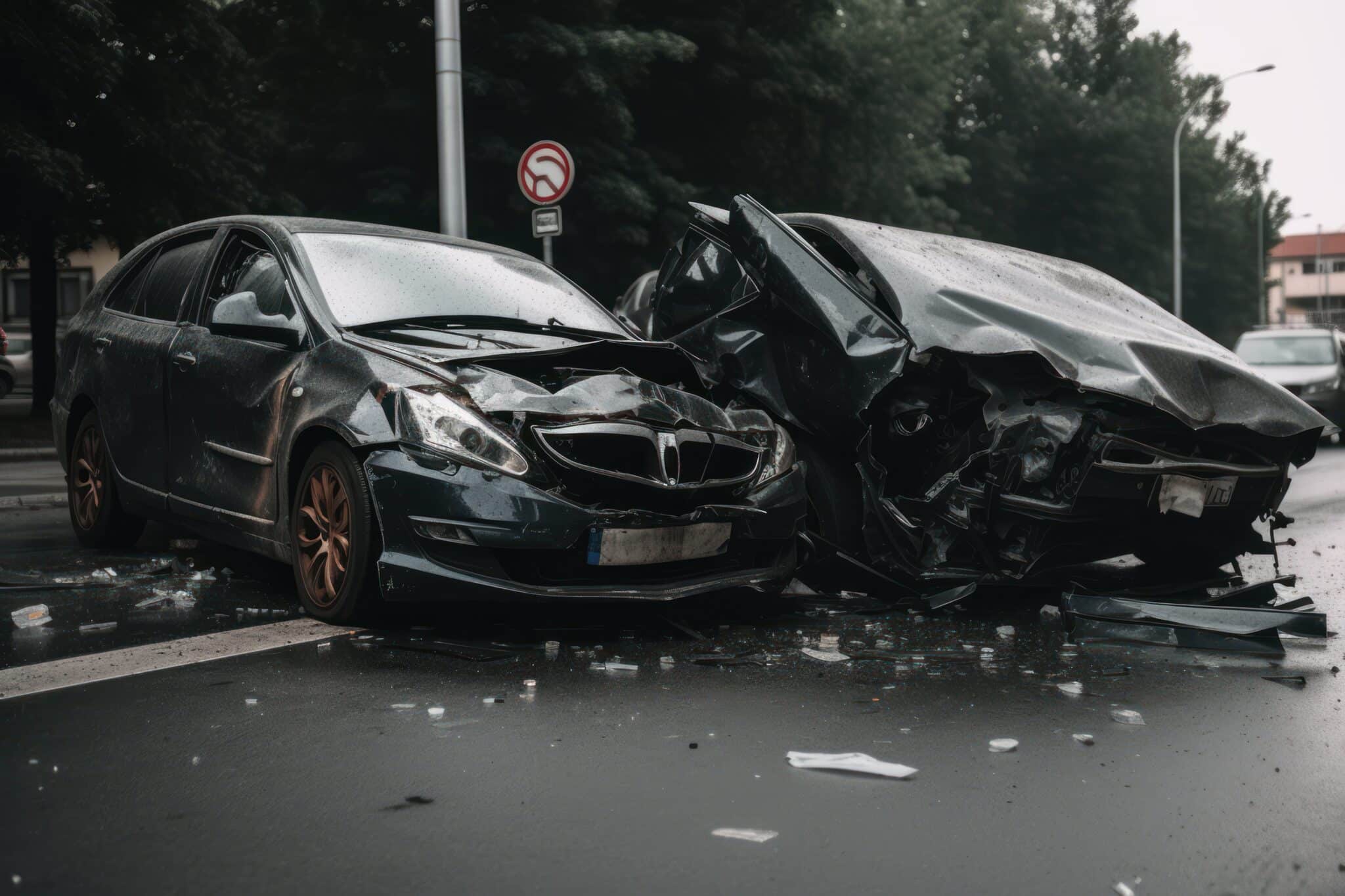
A car accident can be more than just a physical and emotional ordeal; it can also unleash a financial nightmare that can upend your life. Learn how to protect yourself from the devastating financial repercussions of a car accident.

The Immediate Financial Impact of a Car Accident
The immediate aftermath of a car accident can be financially devastating. From the moment of the crash, costs begin to pile up. You might have to pay for towing services, emergency medical expenses, and temporary transportation. These expenditures can quickly escalate, especially if the accident occurs far from home or in an unfamiliar area.
Additionally, if your car is significantly damaged, repair costs can be astronomical. Even with insurance, you may still be responsible for a deductible and any costs that exceed your policy limits. If your vehicle is totaled, you might find yourself needing to purchase a new one, which adds another layer of financial strain.
Long-term Financial Consequences: Medical Bills and Rehabilitation Costs
The financial impact of medical bills and rehabilitation can be long-lasting. Even with health insurance, out-of-pocket expenses for surgeries, follow-up visits, physical therapy, and medications can be overwhelming. Chronic injuries may require ongoing treatment, leading to continuous medical costs that can last for years.
Moreover, if the accident results in a disability, you may face a significant loss of income. This, combined with mounting medical bills, can create a financial burden that is difficult to overcome. In some cases, individuals may need to make home modifications to accommodate their new physical limitations, adding even more expenses.
The Hidden Costs: Legal Fees and Increased Insurance Premiums
Legal fees are another hidden cost that can arise from a car accident. If you need to hire an attorney to handle insurance claims, personal injury lawsuits, or disputes about fault, the legal expenses can quickly add up. Even if you win your case, the legal fees can still eat into any settlements or awards you receive.
Furthermore, car accidents often lead to increased insurance premiums. Even if you were not at fault, your insurer might raise your rates, citing the increased risk associated with your driving record. Over time, higher premiums can significantly affect your budget, making it harder to recover financially from the accident.
Protecting Yourself Financially: Insurance and Legal Advice
One of the best ways to protect yourself financially is to have comprehensive insurance coverage. This includes not only basic liability insurance but also collision, comprehensive, and uninsured/underinsured motorist coverage. These policies can help cover a wide range of expenses related to the accident, from medical bills to vehicle repairs.
It’s also crucial to seek legal advice immediately after an accident. An experienced attorney can help you navigate the complex legal landscape, ensuring that you receive fair compensation for your injuries and damages. They can also assist in negotiating with insurance companies to avoid lowball settlements that do not cover your expenses.
Real-life Stories and FAQs: Navigating Financial Recovery After a Car Accident
Real-life stories can provide valuable insights into the financial recovery process after a car accident. For instance, John, a 45-year-old software engineer, faced enormous medical bills and lost income after a severe car accident left him unable to work for six months. By consulting with a financial advisor and securing a personal injury settlement, John was able to manage his expenses and gradually regain his financial stability.
Similarly, Sarah, a single mother, struggled with increased insurance premiums and vehicle replacement costs after her car was totaled. By diligently working with her insurance company and seeking legal advice, she was able to secure a fair settlement and find an affordable vehicle replacement.
FAQs:
– What are the first steps to take financially after a car accident? It’s crucial to document all expenses, contact your insurance company, and seek legal advice if necessary.
– How can I manage medical bills after a car accident? Consult with your healthcare provider about payment plans and explore all available insurance options.
– Will my insurance premiums go up after an accident? It depends on your policy and the circumstances of the accident, but increases are common even if you were not at fault.





